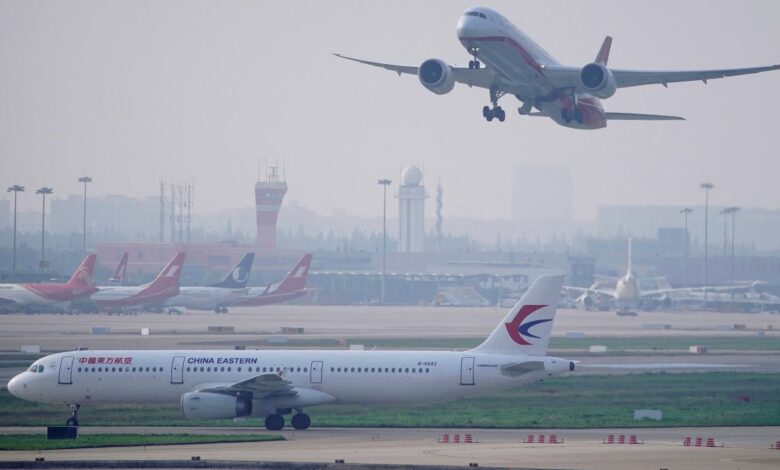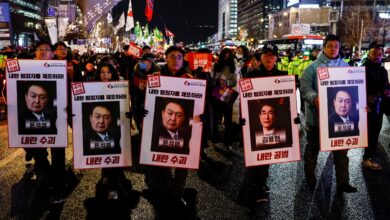
The new measures were announced Friday following a meeting by the ruling Communist Party’s top decision-making body, during which leaders vowed to maintain Covid protocols while stressing the need to minimize economic and social disruptions.
The long-awaited announcement, however, does not explicitly mention when the changes will take effect.
China is the last major economy to adhere to a zero-Covid policy, using snap lockdowns, mass testing, extensive contact-tracing and quarantines to stamp out infections as soon as they emerge.
The zero-tolerance approach has faced increasing challenges from highly transmissible new variants, and its heavy economic and social costs have drawn mounting public backlash.
The easing of the measures will see authorities scrap the so-called “circuit breaker” mechanism, under which China-bound flights were suspended if an airline was found to carry a certain number of passengers who tested positive for Covid upon landing.
Inbound international passengers will also see their pre-departure test requirement reduced from two to one, and their mandatory centralized quarantine upon arrival cut from seven days to five days, followed by another three days of home isolation.
International travelers who do not have a permanent address in China will still need to do a total of eight days of quarantine in hotels.
Markets responded positively to the changes as Covid-19 restrictions have kept international investors jittery. Hong Kong’s Hang Seng Index shot up 7% just after the noon break local time, while mainland China’s benchmark Shanghai Composite Index rose 2.5%.
Under the new guidelines, people who are identified as close contacts of Covid-19 cases will also have shortened quarantine at centralized government-operated facilities, down from seven days plus another three days at home, to five days and three days at home.
In addition, government health officials are no longer required to report secondary close contacts in many circumstances.




